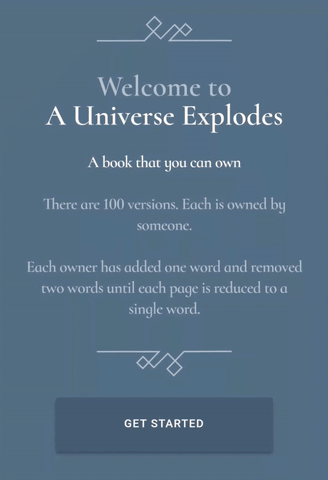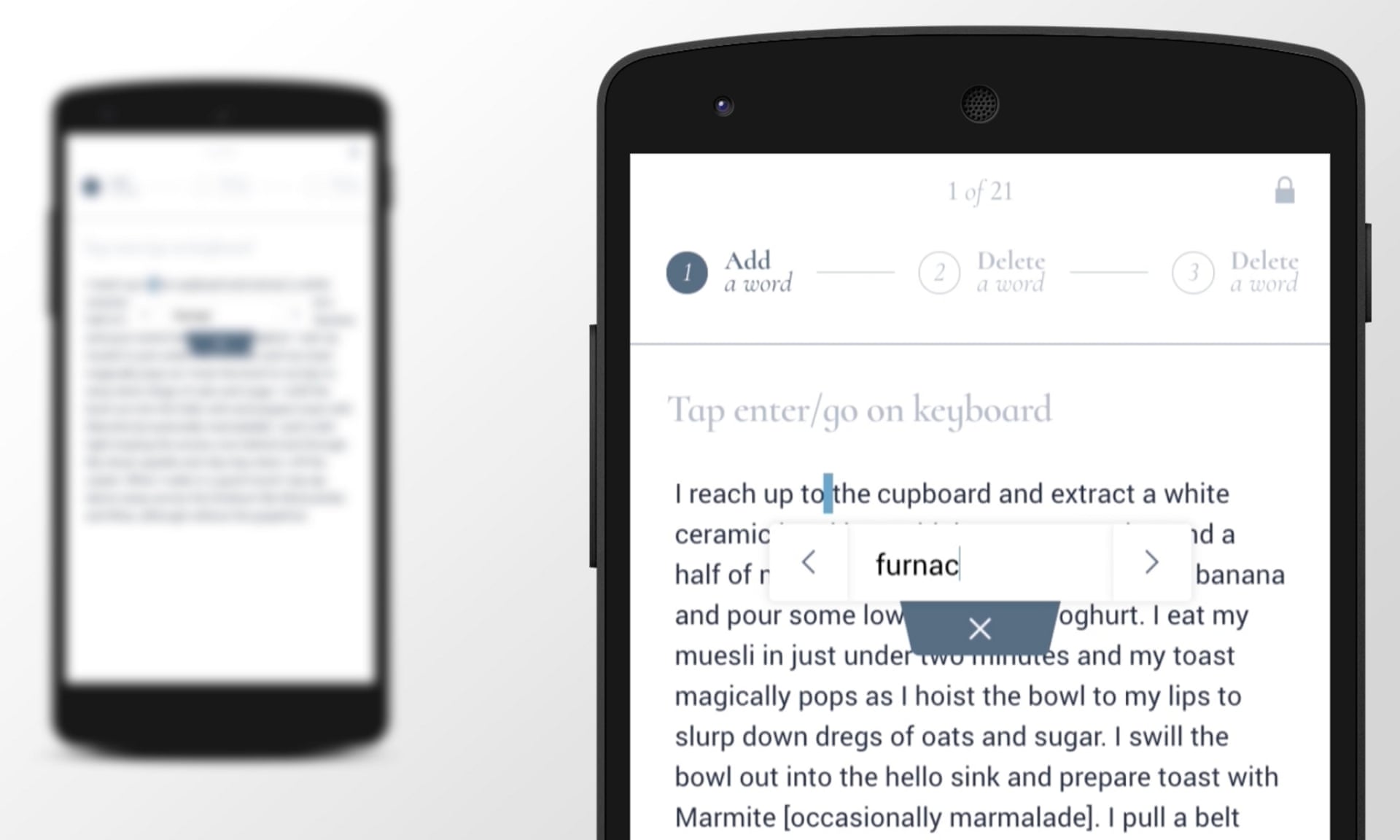Do men and women view love differently?
To answer that, it is necessary first to demonstrate if the differences between
men and women affect love. Because it is scientifically demonstrated that men
and women are not identical, genetically talking: their brains are slightly
different. For example, as Dr. Ruben Gur says, a neuroscientist from the
University of Pennsylvania, the reason why men and women can view love in a
different way “is a matter of how we’re built, not what we learn”. So the
conception of love changes depending on the gender, not on the society or the
school or family environment you have grown up on. About this fact, even
though is it said by a scientist, we don’t agree with it. First, we don’t have to
believe everything a scientist says just because he or she is a scientist,
because we all know science has been wrong about some things in the history
of humanity. Like, for example, Newton’s theory, that although it is scientific,
nowadays we know that it’s not exactly true. Therefore, we don’t agree with the
sentence that men and women view love in a different way because they are
built differently. Well, it is true that this fact can affect to the conception of love,
we cannot deny it, but we don’t have to forget that the environment you have
grown on also affects it. And with environment, we mean society. Directly or
indirectly, society makes you behave some way or another depending on the
gender. For example, society makes girls be beautiful, delicate and passive, the
typical princess waiting for her charming prince;

contrarily, boys have to be
brave, strong, but also polite. Or, also, when couples go out to have dinner,
men always have to pay, and give flowers to women from time to time. Men
have also to be the first ones to ask a woman out. These kind of things are roles
that have been there from a long of time ago (fortunately, now are starting to
change), and some of them people don’t really notice that they are
conventional, and they directly accept them. But, as we just said, they are
conventional, they are roles that society has created, but we are able to change
them too; and that’s what some people is trying to do now. So, summarizing, we
agree that the constitution of men and women are different, and they can affect the way each gender sees love, but our environment also plays an important
role in the way we conceive love.
In addition, talking about other scientific theories that corroborate that men and
women see love in a different way because of their genetic constitution, there’s
one study that says that men and women also communicate different during
times of high emotion; while men are more likely to shut up when the tension is
at its maximum, women tend to keep talking, and get mad when the other
person stops talking to them. There are also researches which affirm that men
are more insensitive and impatient, and more fragile than girls medically and
emotionally. This means that boys are more likely to have birth defects and are
more easily stressed during their childhood, among other things. Finally, it’s a
documented fact that old men are more likely to die after losing his or her
partner than women. Therefore, in summary, men are more reactive to emotion
than women, so this fact can influence the way men and women love.
So, with these arguments, it is demonstrated that men and women are slightly
different about the way they react to certain situations, which can be related to
love. So genetics influence the way man and women love, even though the
difference between them is not huge and, obviously, there can be exceptions.
We’re not sure if these characteristics really affect the way men and women
view love because, as we said, we believe that society has an important role in
making the two genders view love differently.
Should boys always ask a girl out or can a girl ask out too?
Is a girl who asks a boy out too daring? Tradition has always told that boys are
the ones who have to ask a girl out. That is the romantic way, the way it
appears in romantic books, films and in the well-known princesses films, which
have a major influence on little kids, especially girls, but also on boys.
Nevertheless, it doesn't mean it is the way it has to be done.
The stories we are told since we are little and the society in which we grow up
have an important role in our view of the world and its different aspects. In the
case of asking out, it's not only the fact that films show that are always boys
who ask girls out, but the fact that they, maybe unintentionally, teach girls they
should never ask a boy out. There are several consequences, that are usually
related with the “what will the people think?”, that can make a girl being afraid of
asking a boy out, as Erin Tatum exposes on the article published in the
Everyday Feminism Magazine. For instance, girls are taught that asking a boy
out makes them take the boy's role in the relationship, causing, on the one
hand, making the girls more masculine and, on the other hand, showing the boy
as if they were weak. This happens due to the fact that boys are normally
supposed to have the lead role in a relationship, getting to the point that if they
don't ask the girl out, they are not a “real man”, Erin Tatum says; which
shouldn't be like this at all. Yet, as it has been said before, that is society's
influence on us. Another teaching given to us is that a girl asking a boy out
shows desperation. For many, the fact that a girl asks a boy out means that she
can't wait any longer for him to ask her out, and this shows a girl obsessed and
desperate. And from our point of view, this is a sexist way to see it, considering
that when a boy is chasing after a girl, even when she has told him she doesn't
want anything, as Tatum declares, “rather than a sign of creepiness or
desperation, this is meant to be perceived as endearing”, while when it is the
other way round, it doesn't play out like this. One of the last points the author of
the article exposes, is the “unsexiness” of the girl taking an active role. She
claims that a girl having agency is seen as someone not sexy and cold-hearted,
something in which we don't agree, since many men have admitted being
attracted to women who hold the reins of the situation.
 All the same, these consequences shouldn't stop girls from asking boys out or
society is never going to change. In fact, one of the reasons for girls to do it is to
change the situation and show the world that because one thing has been one
way for many years and decades, it doesn't mean we have to live with it and
stop fighting to change it. This is exposed on the article posted on the online
magazine Elite Daily, written by Alexia LaFata, in which she gives several
reasons to encourage girls to ask boys out. These reasons are related both on the good results it can have and on the empowering of the female figure and the
woman itself. Some reasons LaFata uses to encourage the girls to do it are, for
example, that the boy can be too shy to make the move or that you'll get
answers about his feelings towards you instead of keep worrying about it and
overanalyzing every situation to get to a conclusion. And also, she points out
important aspects, such as making decisions by yourself, which should make
you aware of the powerful woman you can be, because, as she says, “taking
control of what you want is one of the most powerful things a woman can do”.
And, in addition, it will help to make you gain self-confidence and, therefore, be
happy with yourself, as well as more independent.
All the same, these consequences shouldn't stop girls from asking boys out or
society is never going to change. In fact, one of the reasons for girls to do it is to
change the situation and show the world that because one thing has been one
way for many years and decades, it doesn't mean we have to live with it and
stop fighting to change it. This is exposed on the article posted on the online
magazine Elite Daily, written by Alexia LaFata, in which she gives several
reasons to encourage girls to ask boys out. These reasons are related both on the good results it can have and on the empowering of the female figure and the
woman itself. Some reasons LaFata uses to encourage the girls to do it are, for
example, that the boy can be too shy to make the move or that you'll get
answers about his feelings towards you instead of keep worrying about it and
overanalyzing every situation to get to a conclusion. And also, she points out
important aspects, such as making decisions by yourself, which should make
you aware of the powerful woman you can be, because, as she says, “taking
control of what you want is one of the most powerful things a woman can do”.
And, in addition, it will help to make you gain self-confidence and, therefore, be
happy with yourself, as well as more independent.
However, this is not an opinion everyone shares, and there is still people who
are much attached to tradition and don't feel like a woman should ask a man
out. In the article The Nice Girl's Guide to Asking a Guy Out, published in the
online magazine Psychology Today, Jen Kim explains a case of Michele
Bachman, a Republican candidate who revealed that she didn't let her
daughters ask a boy out. She also exposes the case of a dating expert, Evan
Marc Kratz, who claimed that girls shouldn't ask boys out if they don't want to be
seen as “desperate or masculine”, and that instead, they should use their traits
to make the boys ask them out. We totally disagree with both Bachman and
Kratz, because we think girls should be able to ask guys out with the same ease
boys can do it, and it shouldn't mean any problem. The article exposes opinions
of other people, and it finishes with the author's opinion. She says that before
asking a guy out, you should consider your personality and if you will be able to
handle a rejection. There are girls who feel safer being asked than asking, so if
you are one of these girls, just don't ask a boy out. We agree with this point,
although we think it is quite obvious that if you don't feel like asking out, you
don't have to do it, but that's not really the topic that was being discussed, and
that's why we weren't really pleased with the article.
In conclusion, we agree with and we stand up for girls asking boys out. Of
course, it will always depend on the personality of the girl, if she is more
extroverted or shy, but we think that if a girl wants to ask out a boy and feels
sure about it, she should be able to do it and he shouldn't be seen as
“masculine or desperate”. It should be seen the same way as if a boy did it, because even though traditionally it isn't common a girl asking a boy out,
nowadays things should are different, and it should be the same for everyone.
By Paula Caball and Mar Oliva
Bibliography
 Second of batxillerat has come to an end, and this means the end of many things, including this blog. It was created two years ago, when I was in 4th of ESO and since then, I have been posting different tasks, news and, what I enjoyed the most, my opinions and thoughs in the so called "my worlds" and "your says".
Second of batxillerat has come to an end, and this means the end of many things, including this blog. It was created two years ago, when I was in 4th of ESO and since then, I have been posting different tasks, news and, what I enjoyed the most, my opinions and thoughs in the so called "my worlds" and "your says". 





























